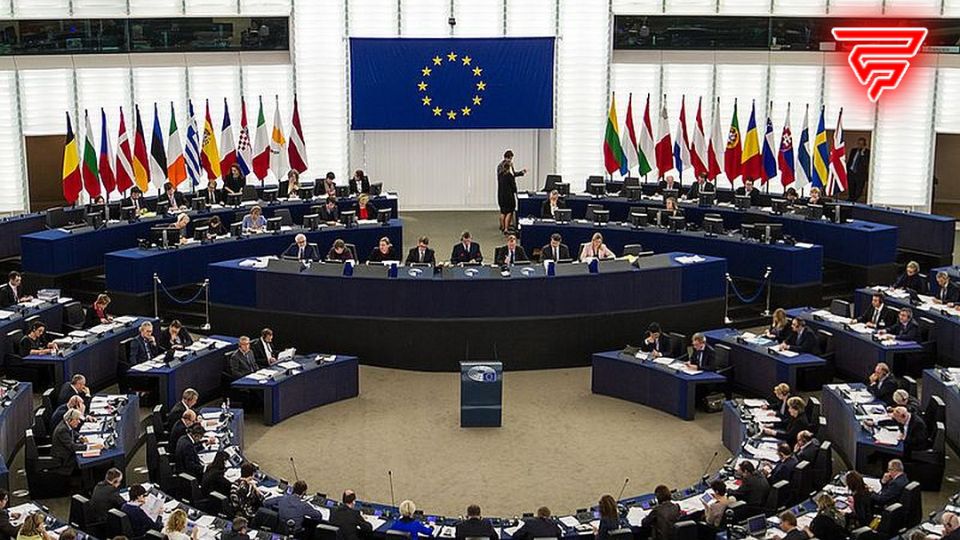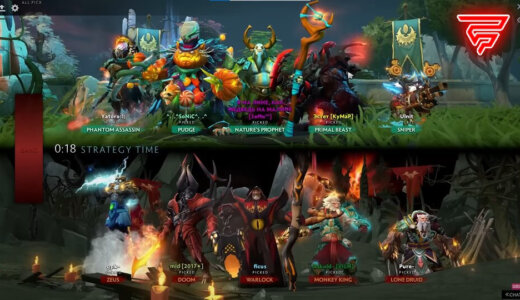Video game loot boxes will be more actively addressed by the European Commission (EU) after the country’s government votes in favor of regulating them.
The European Parliament voted today to approve a report that asks the European Commission to regulate loot boxes and other gaming elements that contribute to addiction. The report, which was presented by MEP Adriana Maldonado López, had 577 votes in favor, 56 votes against it, and 15 abstentions.
In her report, López made sixteen recommendations, including the need for standardized guidelines across the single market of the European Union when it comes to clearly disclosing game content and for tools to help parents regulate how much time and money their kids spend playing games.
Parliament has called for gamers to be better protected from addiction and other manipulative practices, emphasising the potential of this innovative sector. 🎮
See what this means for consumers, especially children ↓
— European Parliament (@Europarl_EN) January 18, 2023
The EU would use proposals to establish uniform labeling for game content information. With the World Health Organization recognizing “gaming disorder” as an addictive condition, the report calls on devs to avoid creating addictive content, while also taking the age, rights, and vulnerabilities of their target demographics into account while designing games.
Additionally, the video game industry’s significance and its potential to improve mental health, education, and other facets of life were also acknowledged by the European Parliament. In addition, the Parliament proposed that an annual European video game award be established to recognize the most successful studios around the EU.
New preprint on the UNRELIABLE ‘In-Game Purchases (Includes Random Items)’ label:https://t.co/DSkScHCoUl
1️⃣ At least 60.6% of games w/ #LootBoxes were NOT labeled by either @ESRBRatings or @PEGI.
2️⃣ 71.0% of popular games w/ #LootBoxes on @GooglePlay Store did NOT display it. pic.twitter.com/pIoC5gu7fx
— Leon Y. Xiao (@LeonXiaoY) January 19, 2023
Furthermore, the European Parliament also called for establishing a European Video Game Strategy, which would enable the sector to become a leader in the global video game market by unlocking the economic, social, cultural, and innovative potential of the gaming industry.
Why are loot boxes so controversial?
Loot boxes are in-game objects that can be obtained either through gameplay, through in-game currency purchases, or through the use of real-world currency. players generally have no idea what rewards will be inside a loot box when they open one because the rewards are typically randomly selected. There have been questions over whether buying loot boxes constitutes gambling since it resembles a “game of chance.”
Loot boxes in video games geared toward children or teenagers have drawn particular criticism. Even though these efforts haven’t been all that successful, many nations have attempted to regulate loot boxes or even completely ban them. If they haven’t managed to impose limitations on the mechanic, They have at least put warnings on the physical game boxes so that parents are aware of which games have potentially harmful elements.
Header: Wikimedia Commons







